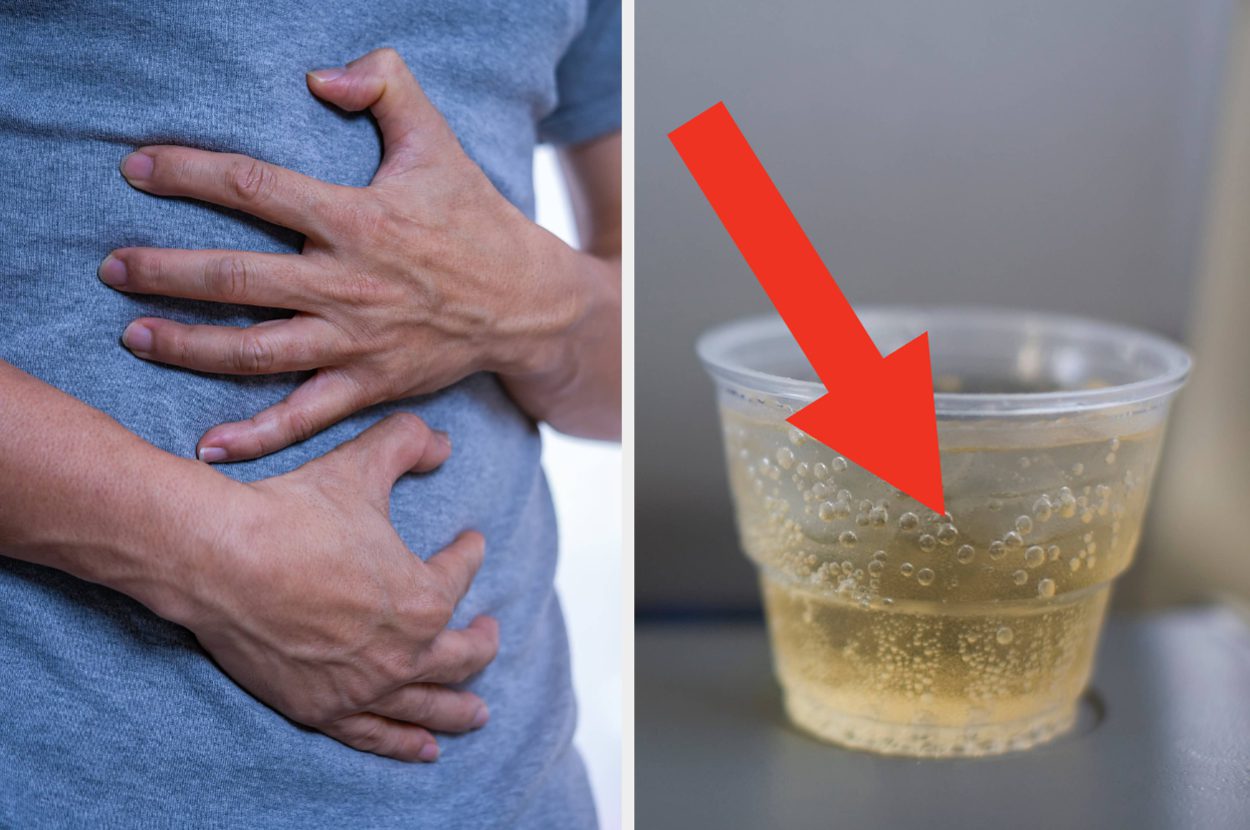
It’s essential to clarify that the health benefits associated with ginger come primarily from actual ginger root, rather than the ginger flavoring present in various sodas.
According to Sassos, most commercially produced ginger ale features minimal to no genuine ginger content.
Recently, lawsuits for false advertising have emerged against the manufacturer of Canada Dry ginger ale in both the U.S. and Canada. Plaintiffs challenge the product’s packaging claim that it is “made from real ginger.”
One lawsuit claimed that these assertions “deceive and mislead reasonable customers into believing that [Canada Dry] uses ginger root—which is the spice obtained by chopping or grinding the ginger plant’s root—rather than negligible amounts of flavored ‘extracts,'” as reported by the National Post.
Class action lawsuits in both countries have been resolved. Under the terms of the U.S. settlement, the company has agreed to remove the phrase “made from real ginger” from its marketing materials moving forward. However, the product continues to carry this claim in Canada.
Ginger ale may do more harm than good.
Gastroenterologist Dr. Lukasz Kwapisz from Gastro Health in Miami warns that the high sugar content in ginger ale and similar sodas—often exceeding 30 grams per serving—might actually worsen digestive issues.
He explains, “Excess sugar can lead to inflammation and may increase bloating and gas, which can further aggravate an unsettled stomach,” as noted in his comments to HuffPost.
What’s the verdict on diet ginger ale? Sassos advises against it for digestive discomfort, since the sugar alcohols often used in these drinks “can potentially intensify symptoms.”
While some individuals find that carbonation in ginger ale and other fizzy drinks alleviates their gastrointestinal issues, others may experience the opposite effect, indicating that responses can vary from person to person, Sassos noted.
Registered dietitian Maya Feller from Maya Feller Nutrition in Brooklyn, New York, emphasizes that despite the name, ginger ale isn’t a “health food beverage.”
“If you anticipate any therapeutic benefits from it, they’re likely to be more of a placebo effect,” Feller remarked. “But that’s acceptable—after all, if you feel better, that’s what matters. At its core, it remains soda. Therefore, I recommend consuming it like any other fizzy drink.”
Alternative suggestions









